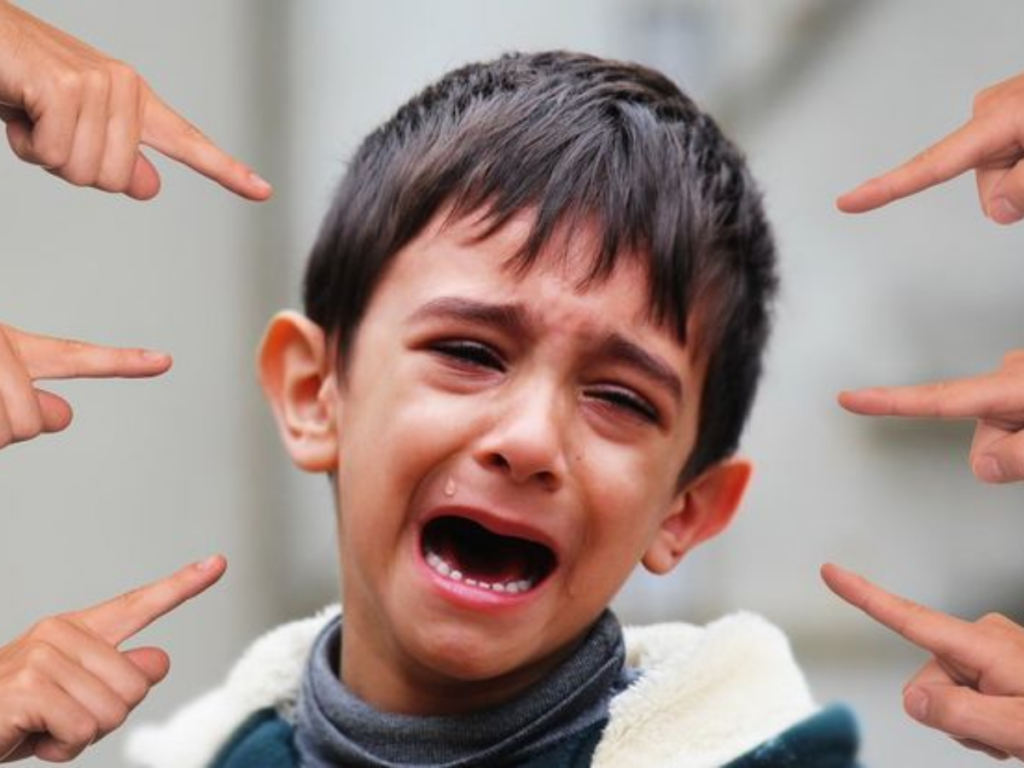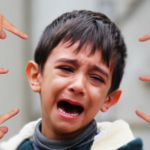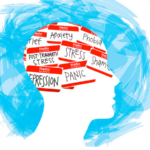
Childhood is often considered the foundation of a person’s emotional and psychological well-being. However, for many individuals, childhood is marked by trauma, which can have profound and lasting effects on their mental health well into adulthood. Traumatic experiences in childhood, such as abuse, neglect, parental conflict, or loss, can shape an individual’s thoughts, emotions, and behaviors, influencing their relationships, self-worth, and overall mental stability. Understanding these effects and seeking therapy can help in healing and reclaiming a fulfilling life.
How Childhood Trauma Affects Adult Mental Health
1. Emotional Dysregulation
One of the most common impacts of childhood trauma is difficulty in regulating emotions. Individuals who experienced trauma early in life often struggle with excessive anger, sadness, anxiety, or emotional numbness. Since their emotional responses were shaped by unpredictable or harmful experiences, they may have trouble managing stress or responding appropriately to situations.
2. Anxiety and Depression
Childhood trauma significantly increases the risk of developing anxiety disorders and depression. Traumatic experiences can lead to chronic fear, self-doubt, and feelings of helplessness. These unresolved emotions can manifest as persistent worry, panic attacks, social anxiety, or depressive episodes that affect daily functioning and quality of life.
3. Trust and Relationship Issues
Many adults with childhood trauma struggle with trust issues. If a child grows up in an environment where caregivers are abusive, absent, or unpredictable, they may develop an insecure attachment style. As adults, they might find it difficult to form healthy relationships, leading to problems in romantic partnerships, friendships, and even professional interactions.
4. Low Self-Esteem and Negative Self-Perception
Trauma can severely impact a person’s self-esteem. If a child is frequently criticized, ignored, or subjected to emotional abuse, they may internalize feelings of worthlessness or inadequacy. This can lead to patterns of self-sabotage, fear of failure, and difficulty asserting personal boundaries in adulthood.
5. Risky Behaviors and Substance Abuse
Many adults who have experienced childhood trauma engage in risky behaviors, including substance abuse, self-harm, or unhealthy coping mechanisms. These behaviors often serve as a way to numb emotional pain or escape from distressing thoughts. Unfortunately, they can lead to further emotional turmoil and long-term health complications.
6. Chronic Stress and Physical Health Issues
The mind and body are deeply connected, and unresolved trauma can manifest in physical ailments. Studies have shown that individuals with a history of childhood trauma are more likely to experience chronic pain, cardiovascular issues, and weakened immune function. Prolonged stress and anxiety from past trauma can take a toll on physical health, leading to conditions such as hypertension, migraines, and digestive disorders.
How Therapy Helps in Healing from Childhood Trauma
Seeking therapy is one of the most effective ways to heal from childhood trauma and improve overall mental well-being. Therapy provides a safe space to process past experiences, develop healthier coping mechanisms, and rebuild emotional resilience. Here’s how different therapeutic approaches can help:
1. Cognitive Behavioral Therapy (CBT)
CBT is widely used to help individuals identify and challenge negative thought patterns developed from past trauma. It helps in reframing beliefs, managing anxiety, and developing healthier responses to triggers. CBT also teaches coping skills that empower individuals to regulate emotions more effectively.
2. Trauma-Focused Therapy
This type of therapy is specifically designed to address childhood trauma. Therapists help individuals process painful memories and reduce the emotional distress associated with them. Approaches such as Eye Movement Desensitization and Reprocessing (EMDR) can help in reprocessing traumatic experiences in a way that lessens their emotional impact.
3. Psychodynamic Therapy
Psychodynamic therapy delves into the unconscious mind to uncover unresolved conflicts stemming from childhood trauma. By gaining insight into past experiences and their influence on current behavior, individuals can work towards breaking harmful patterns and improving self-awareness.
4. Mindfulness-Based Therapy
Mindfulness-based approaches, including meditation and breathing techniques, help individuals stay present and reduce stress. These techniques are beneficial in managing trauma-related symptoms such as anxiety, flashbacks, and emotional numbness.
5. Group Therapy and Support Groups
Connecting with others who have experienced similar trauma can be incredibly healing. Group therapy provides a sense of belonging and validation, allowing individuals to share their experiences, gain different perspectives, and develop healthy coping strategies in a supportive environment.
Summary
Childhood trauma can have lasting effects on an individual’s mental health, impacting emotional regulation, self-esteem, relationships, and overall well-being. However, with the right therapeutic interventions, healing is possible. Therapy helps individuals process their trauma, develop healthier coping mechanisms, and rebuild their emotional resilience.
If you or a loved one is struggling with the effects of childhood trauma, seeking professional help is essential. Dr. Neha Gupta, a renowned psychiatrist, is the best psychiatrist in Pune and PCMC. With her expertise and compassionate approach, she has helped many individuals navigate their healing journey and regain control over their mental health.
Take the first step towards healing today by consulting Dr. Neha Gupta and start your journey to a healthier, happier life.




